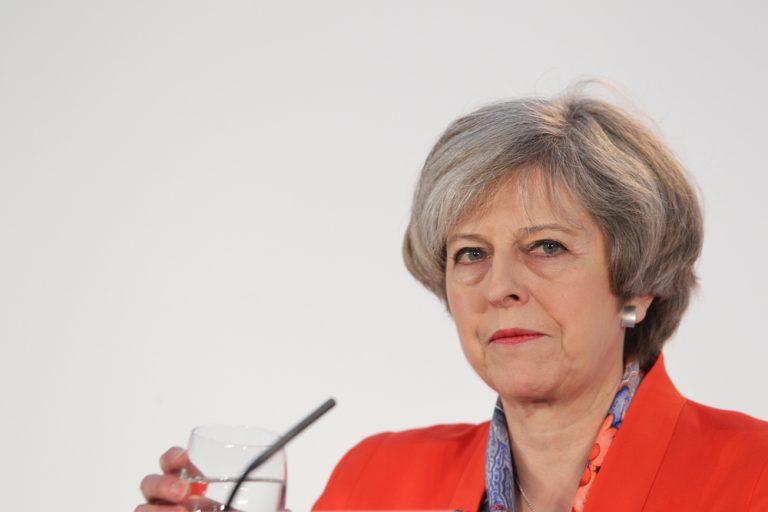
Theresa May defended her proposed Chequers plan for Brexit in an interview with the BBC.
In an interview with Panorama, The Prime Minister said: ‘it’s either my deal or no deal’, despite mounting opposition from Brexiteers over her Chequers proposal.
With respect to negotiating a deal, Theresa May remained optimistic of the road ahead, she commented:
“I believe we will get a good deal. We will bring that back from the EU negotiations and put that to parliament. I think the alternative to that would be not having a deal because, a) I don’t think the negotiations would have that deal, and b), we’re leaving on the 29 March.”
Rejecting the idea that the UK could potentially renegotiate deals once that have been agreed, as suggested by Michael Gove, May said:
“Do we really think that the European Union, if we’ve been through this negotiation, we get to the point where we’ve agreed a deal, that if parliament was to say ‘No, go back, get a better one’, do you really think the European Union is going to give a better deal at that point?”
Gove, who is the government environment secretary and was a prominent figure in the Leave campaign, recently said that the Chequers plan could be ‘undone’ following the completion of withdrawal from the EU.
On Sunday, Gove told the BBC’s Andrew Marr Show that “a future prime minister could always choose to alter the relationship between Britain and the European Union.”
He added:
“But the Chequers approach is the right one for now because we have got to make sure that we respect that vote and take advantage of the opportunities of being outside the European Union.”
Nevertheless, May dismissed the notion of the UK renegotiating the terms in the Panorama interview .
May also took the opportunity to criticise plans to resolve the Irish border issue.
Boris Johnson, who recently resigned as Foreign Secretary, nevertheless criticised the government’s lack of solution for the border as a “constitutional abomination”.
Moreover, Prime Minister May also expressed her annoyance regarding ongoing speculation regarding the future of her leadership.
Both Boris Johnson and Michael Gove had been tipped as potential leaders before Theresa May took over the party.
Johnson’s resignation has only reignited speculation that he is vying to replace May as leader of the Conservative party.
However, Johnson has proved a particularly controversial figures as of late, following his inflammatory remarks regarding muslim women wearing burqas.
Johnson has since refused to apologise for the comments, however, the party are increasingly under pressure to initiate a formal inquiry into the issue.
The Muslim Council of Britain has called for Conservative to tackle Islamophobia within the party on the back of Johnson’s divisive comments.
